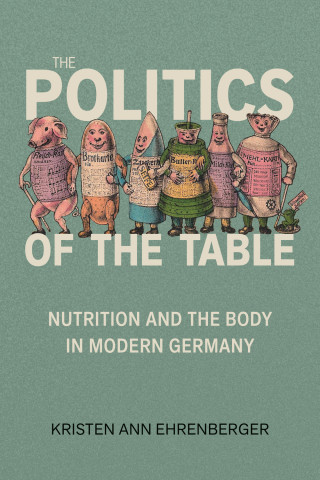
Reviews
Humphreys covers not only the disease's effects on its victims and their families, but also its impact on commerce, government and the scientific community.
Humphreys is to be commended for a job well done. This superior study exhibits the canons of historical scholarship at their finest. The thesis is clearly stated and convincingly explicated. The research is exhaustive. The writing is felicitous and compelling. There is no hint of bias. The work will appeal to a wide audience, including historians of the South, historians of science and medicine, and social historians. It will prove to be an enduring, perhaps path-setting, contribution to the literature of the South and of science and medicine.
Humphreys excels by the sheer power of her analysis... to argue convincingly that the imperative to control fever directed the development of Southern and Federal health institutions; that the objectives, attitudes and achievements of Southern public health officials were strikingly different from those of their Northern counterparts; and that the problem of yellow fever was essential in bringing about the U.S. Public Health Service... at her best Humphreys is able to cogently examine and illuminate the meaning of specific events, situations, and social processes.
In working her way through the bureaucratic infighting, intraregional rivalries, muddled scientific debates, medical uncertainties, professional power plays, business pressures, and personal jealousies that characterized this relationship in the South, Humphreys throws new light on such shadowy subjects as quarantine politics, the role of the federal government in public health, and the economic implications of epidemic disease... this is an excellent and heuristic piece of work.





